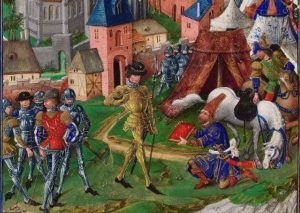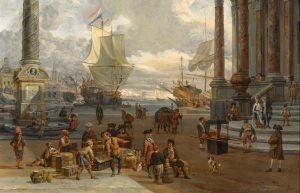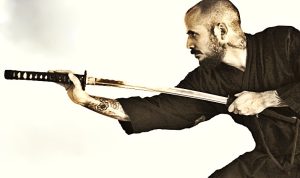
Gallery: Your Favorite Classic Characters in Photos (From Books, Not Movies and TV)
Literature masterpieces today are small worlds left on paper to which we have a duty to preserve for future generations. They are a witness of people and their thoughts in certain eras in history.
Read More
A Man of Trust: 15th Century Spy Adventures of Bertrandon de La Broquière
Bertrandon de La Broquière, the 15th-century Burgundian spy, a man of certain skills, experience and great influence on the Duke’s Court, was ready for the mission of his life.
Read More
Gallery: Herbs, Vegetables and a Lot of Fresh Air – Healthy Lifestyle in Medieval Times
During medieval times, leading a certain type of lifestyle could bring more balance, energy, joy, and happiness into your life.
Read More
The Aesthetics of Mercantilism: 17th Century Business Casual
Business casual in the 17th century frequently involved, for example, ladies and gentlemen looking for something new and different that didn’t just serve to satisfy basic needs.
Read More
Every war is the result of stupidity – The Thoughts of Martial Philosopher Bruno Orozco León
Bruno Orozco León has been following the martial path for twenty seven years. The former bodyguard and security adviser is now an experienced martial artist and philosopher, the founder of CMBTVS Self Protection System. He shared with The History Avenue his thoughts on martial arts, history, war, writing…
Read More